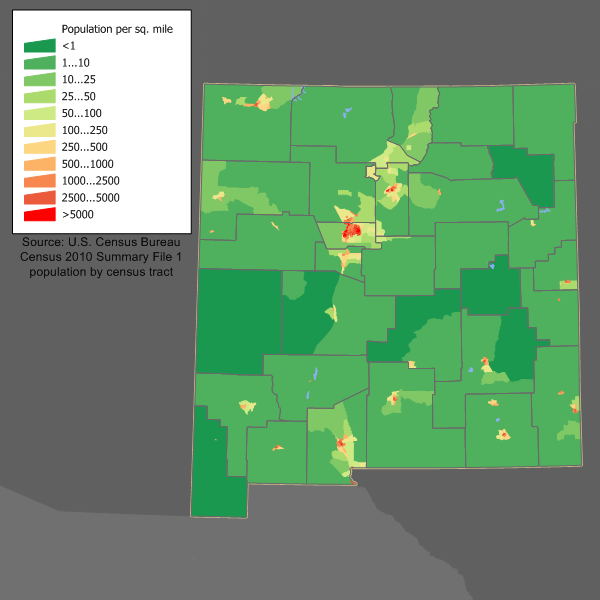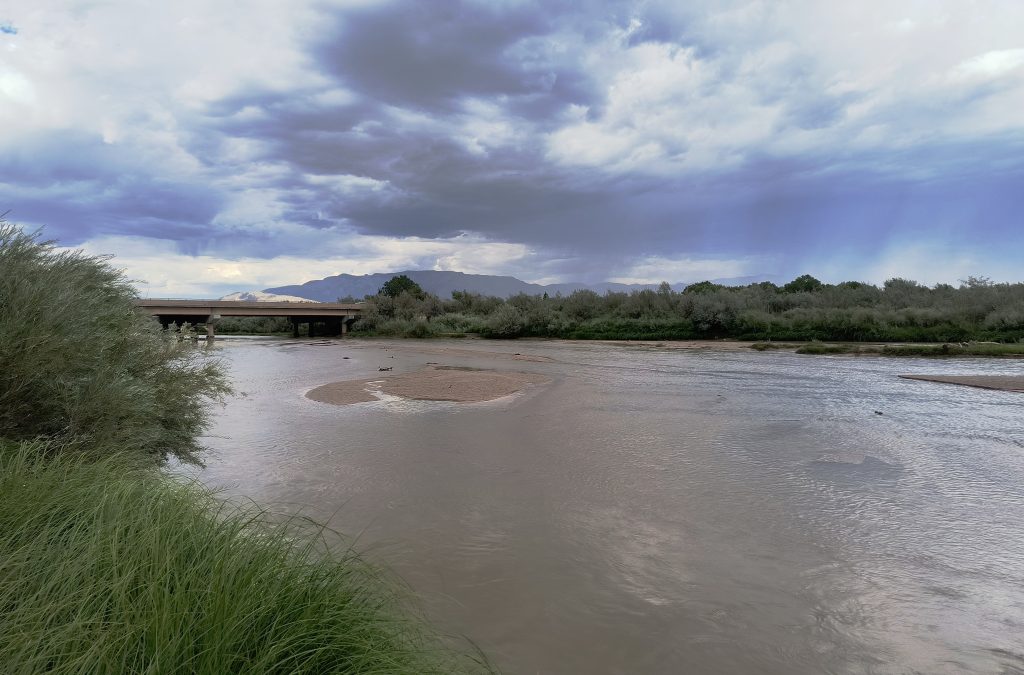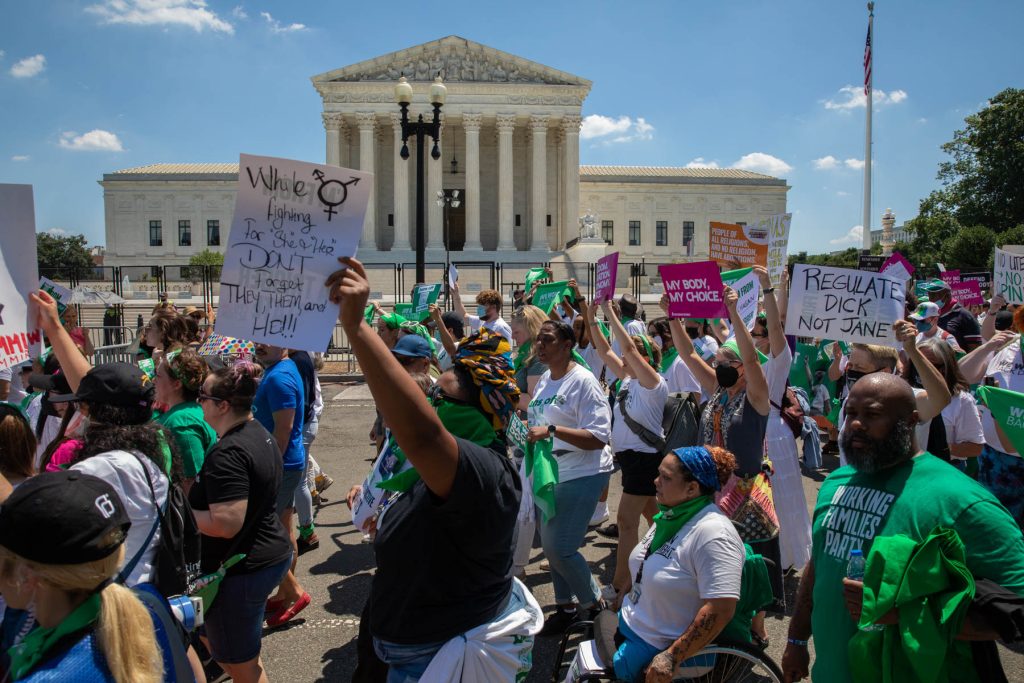One grassroots organization has turned to digital outreach and phone banking to encourage residents, especially those who are hard to reach, to fill out the 2020 census and be counted. But that wasn’t part of the original plan.
Advocates for migrants, Indigenous, people of color and low income communities have said that having everyone count in the 2020 census is important. Felipe Rodriguez, a campaign manager for the grassroots organization New Mexico Dream Team, said that if just one percent of residents don’t fill out the census form this year, the state could lose hundreds of millions in federal funds over the next ten-year period.
“That’s a lot of money,” Rodriguez said.
With that in mind, New Mexico Dream Team and other organizations were planning to launch a door-to-door campaign in mid March to encourage residents who might be less likely to fill out the census form to be counted.
But then the respiratory illness, COVID-19, created a public health emergency in New Mexico and elsewhere. The state issued stay-at-home and other social distancing orders.
Rodriguez said his group shifted immediately to calling residents and using social media platforms as a way to outreach to immigrants, people of color and families who are low income and who are in danger of not being counted.
He acknowledged that many residents who are older might not utilize social media, but he said that his group tries to encourage the young people they reach to spread the word within their own families, including to elders, on the importance of filling out the census.
Rodriguez said the New Mexico Dream Team is youth led, so the transition to online and phone work was seamless and fairly instant.
New Mexico is one of the states most likely to not have every resident counted. According to a Searchlight New Mexico story, there are five programs that will be heavily affected if residents are under counted. One of those is Medicaid. The other four are all connected to child wellness in the state.
Concerned over the federal government’s ability to reach residents who could go uncounted, the state allocated $3.5 million last year to help ensure an accurate count.
President Donald Trump’s previous claims that the 2020 census would ask citizenship status have added to some people’s worry about filling out the census, Rodriguez said. The census does not ask citizenship status, according to the 2020 Census website.
The U.S. Census Bureau announced Saturday that half of U.S. households, or nearly 74 million residents, have responded to the census.
Rodriguez said many who are hard to count may be reluctant to fill out the form or open the door to census takers because they have been conditioned to fear the U.S. government. That’s why New Mexico Dream Team had hoped to go knock on doors themselves in certain areas of the state to let people know it’s both safe to fill out the census and important for a variety of state programs.
“It’s so important and by filling it out you’re ensuring the next generation will get funding,” he said.


















